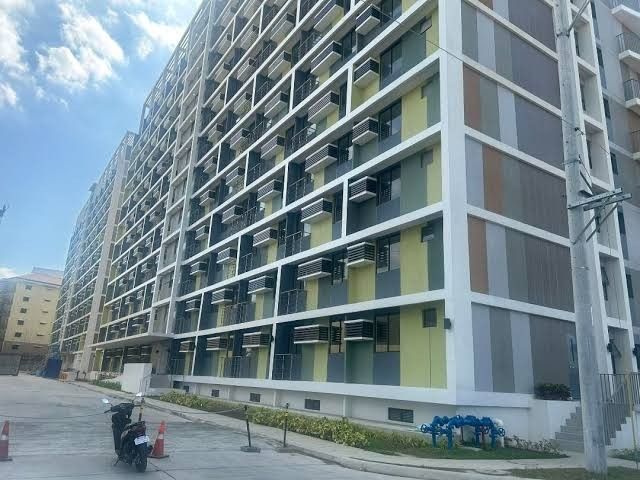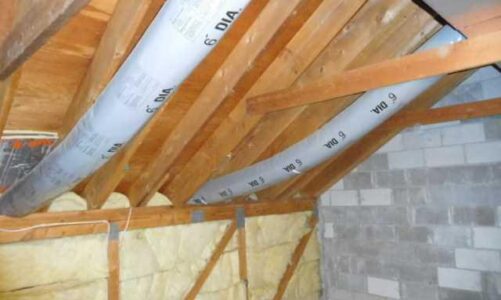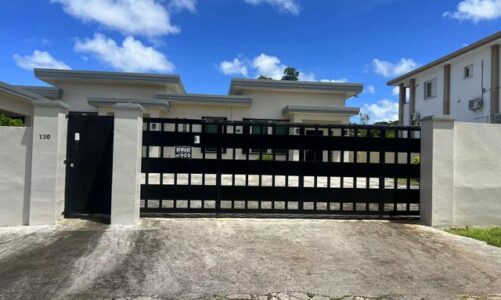Singapore’s real estate market is a dynamic landscape influenced by a variety of factors, including government policies designed to maintain stability and affordability. Among these, property cooling measures play a significant role in shaping investment opportunities and market trends. This blog post delves into how these measures affect condominium investments, providing insights for both prospective and current investors.
Understanding Singapore’s Property Cooling Measures
Singapore has introduced several property cooling measures over the years to curb excessive speculation, stabilize the market, and ensure housing remains affordable for Singaporeans. These measures include:
- Additional Buyer’s Stamp Duty (ABSD): This tax applies to the purchase of residential properties by individuals and entities. The rates vary depending on the buyer’s residency status and the number of properties owned.
- Loan-to-Value (LTV) Limits: The LTV ratio dictates the maximum amount a buyer can borrow from a bank relative to the property’s value. Lower LTV limits mean buyers need to have a higher down payment.
- Seller’s Stamp Duty (SSD): This duty applies to the sale of residential properties within a certain holding period. It’s intended to discourage short-term speculation by imposing higher taxes on properties sold within a few years of purchase.
- Tighter Mortgage Rules: These include restrictions on the Total Debt Servicing Ratio (TDSR), which limits the proportion of a borrower’s income that can go toward servicing debt.
Impact on Condo Investments
1. Increased Entry Costs
One of the most direct effects of cooling measures on condo investments is the increase in entry costs. The ABSD, for example, adds a significant financial burden, especially for foreign buyers and those purchasing additional properties. This increase in costs can deter speculative buying and push investors to reconsider their strategies or opt for different investment vehicles.
2. Reduced Leverage
With stricter LTV limits and TDSR rules, investors face higher down payment requirements and tighter borrowing conditions. This reduction in leverage can impact the affordability of high-end or luxury condos, making it more challenging for investors to enter the market. Consequently, some investors might shift their focus to lower-priced properties or alternative investment opportunities.
3. Short-Term Speculation Deterrence
The SSD aims to discourage short-term speculation by imposing higher taxes on properties sold within a specified period. For condo investors looking for quick gains, this measure can act as a deterrent. The SSD encourages a longer-term investment approach, aligning with the government’s goal of promoting a more stable and sustainable property market.
4. Market Stabilization
Cooling measures contribute to market stabilization by mitigating sharp price fluctuations and curbing excessive speculation. For investors, this stability can translate into a more predictable and less volatile market environment. However, it also means that rapid price appreciation, which can lead to significant short-term gains, becomes less likely. Investors need to adjust their expectations and focus on long-term value appreciation.
5. Impact on Rental Yields
With increased entry costs and reduced leverage, some investors may shift their focus from capital gains to rental yields. In a stable market with moderate price growth, rental income can become a more critical factor in evaluating investment potential. As a result, investors might prioritize properties with strong rental demand and attractive yields over those with high appreciation potential.
6. Adjustments in Investment Strategies
Investors may need to adapt their strategies in response to cooling measures. This could involve:
- Exploring Emerging Areas: Investors might look for opportunities in emerging or less saturated neighborhoods where cooling measures have less impact, and where potential for long-term growth remains strong.
- Diversifying Portfolios: To mitigate risk and balance returns, investors might diversify their portfolios by including a mix of property types or geographical locations.
- Focusing on Quality: Investing in high-quality properties in prime locations with strong rental demand can help ensure steady income and potential for value appreciation, even in a cooled market.

Long-Term Outlook
Despite the short-term challenges posed by property cooling measures, the long-term outlook for condo investments in Singapore remains positive. The government’s measures aim to create a more sustainable and balanced property market, which can contribute to a healthier investment environment over time. Investors who adapt to these changes and focus on long-term value are likely to find opportunities for success. Visit Emerald Of Katong where you will find lots of important information about how Singapore’s property cooling measures affect condo investments.
Conclusion
Singapore’s property cooling measures are designed to address various market dynamics and ensure housing remains affordable and stable. For condo investors, these measures mean navigating increased entry costs, reduced leverage, and a shift towards long-term investment strategies. By understanding the implications of these measures and adjusting their investment approaches accordingly, investors can still find valuable opportunities in Singapore’s real estate market. With careful planning and strategic adjustments, condo investments can continue to be a viable and rewarding endeavor, even in the face of cooling measures.




